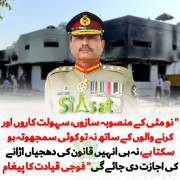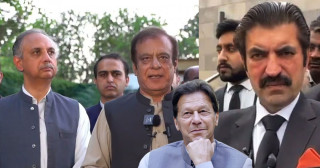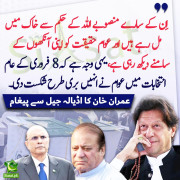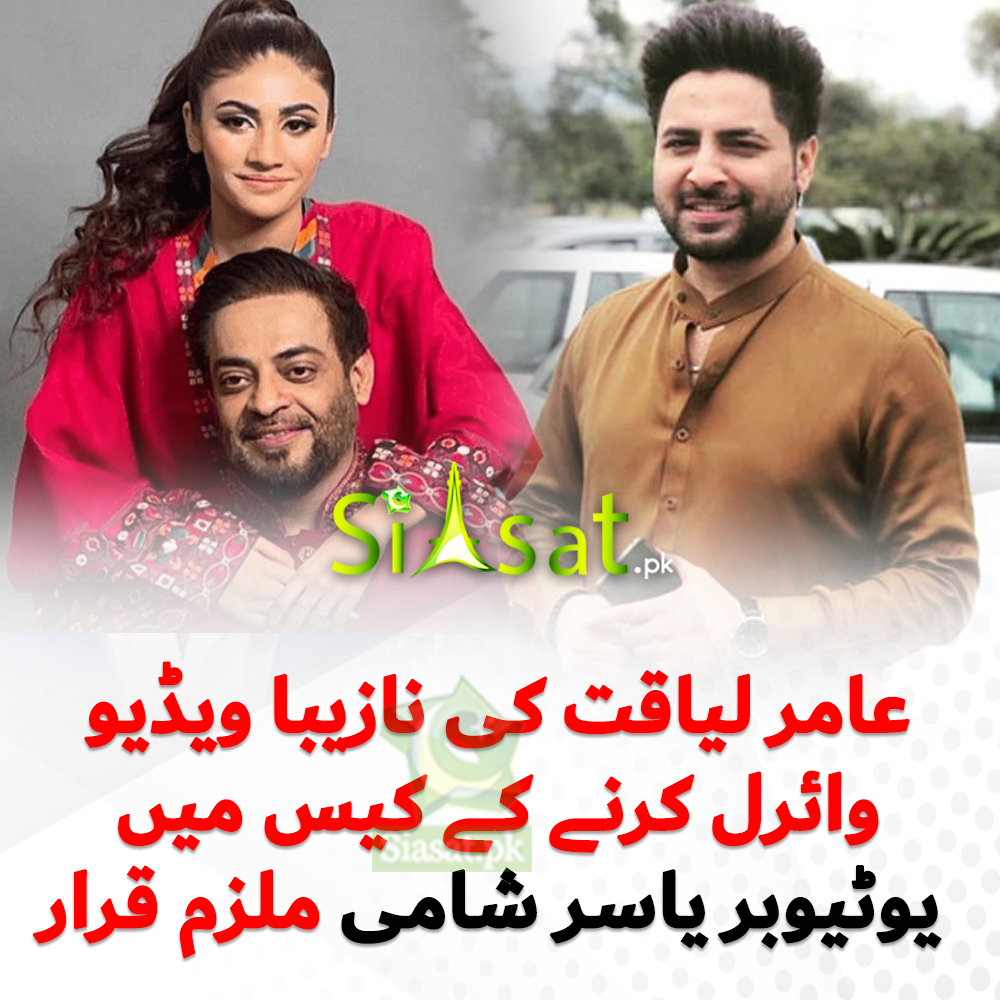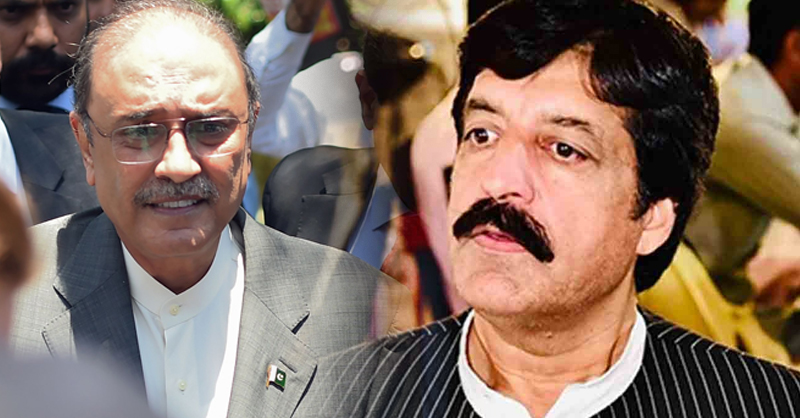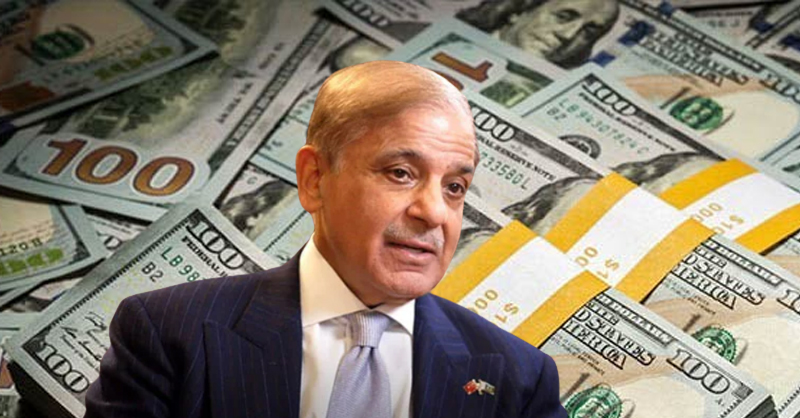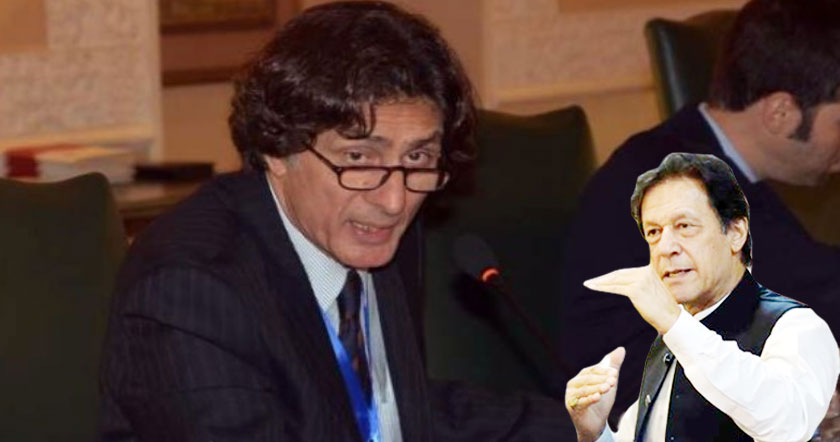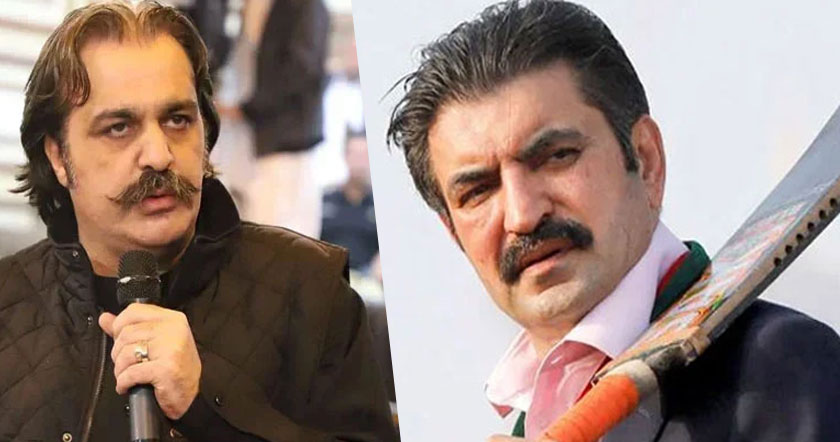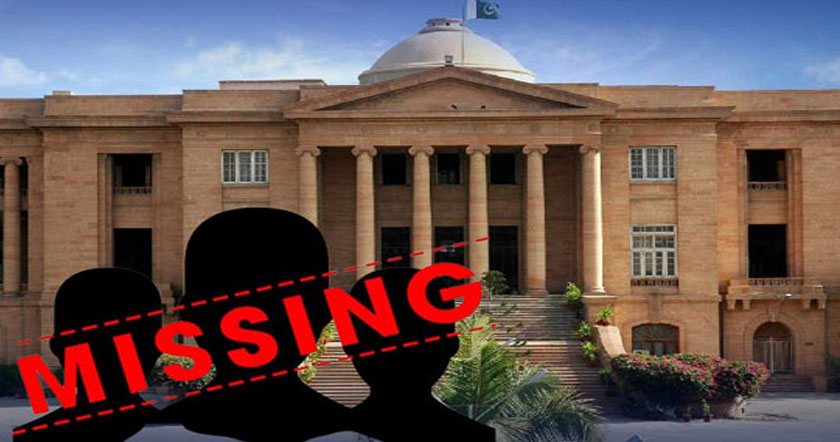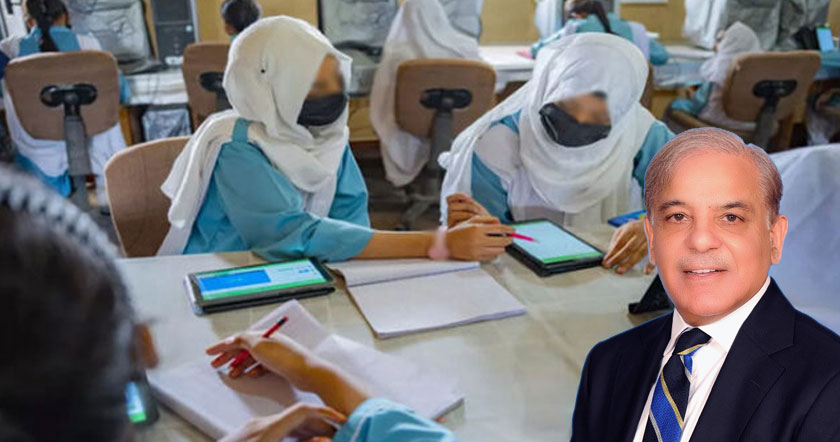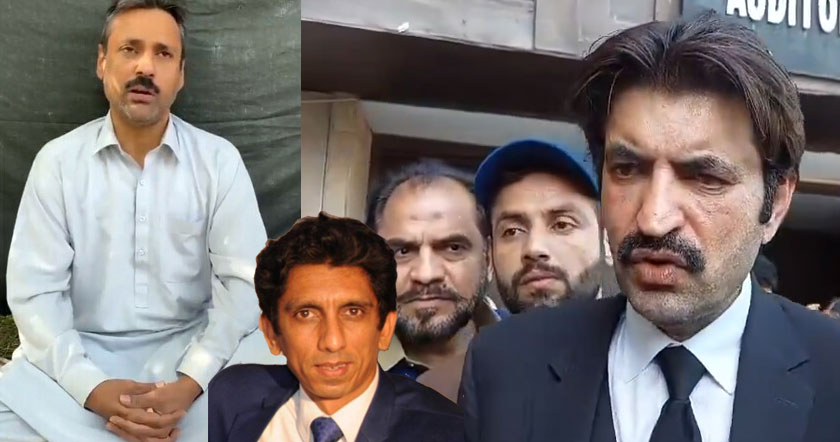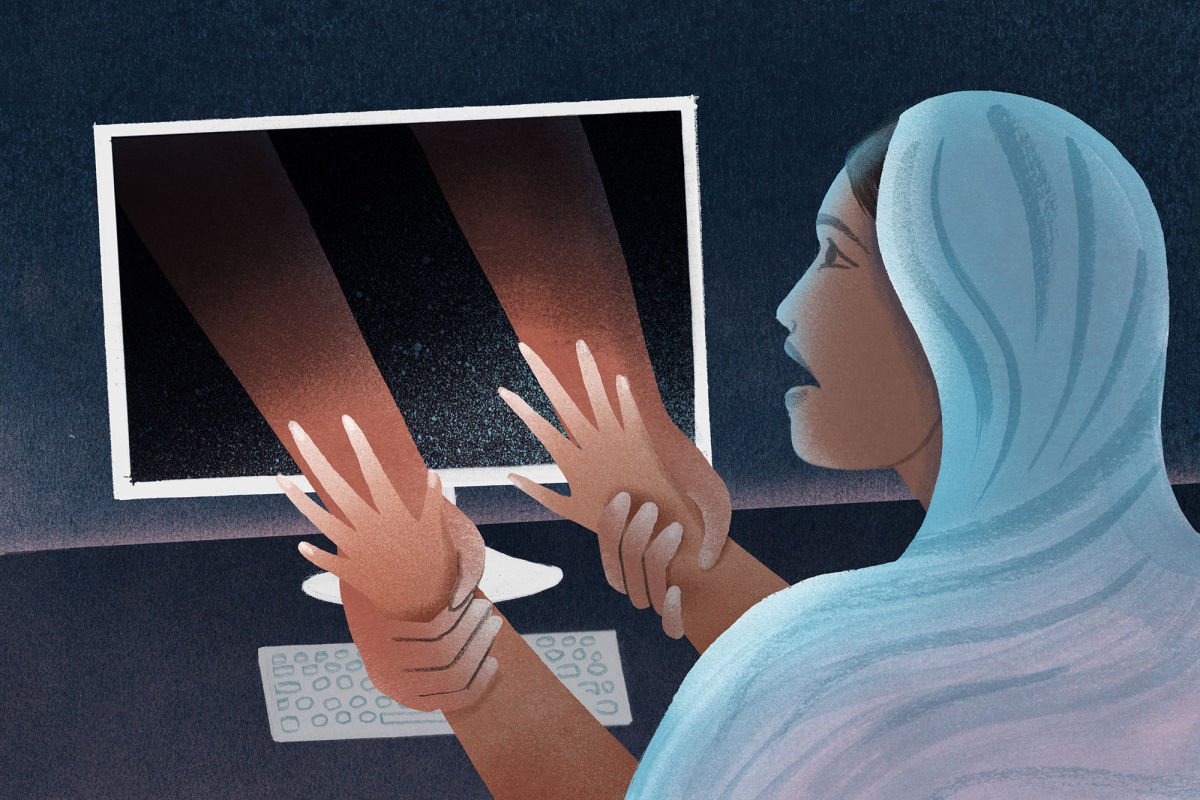
Cultural and religious conservatism in Pakistan turn online harassment against women into real-world violence.
Last June, an eighteen-year-old student at Edwardes College, in Peshawar, Pakistan, opened an e-mail to see a picture of her face digitally superimposed on the naked body of another woman. As the student read the attached message, her dismay curdled into panic.
The e-mail’s sender, who identified himself by the pseudonym Gandageer Khan, claimed to have hacked into her Facebook account. He threatened to post the photo online unless the student sent him money, in the form of a prepaid phone card, and provided him with the personal details of other female students at Edwardes. When she refused, Khan uploaded the doctored image, along with several others, to a page that he had created on Facebook titled “Edwardian Girls.” Each picture now included the student’s name, her phone number, and a lewd message: “I am available for sex. Call me for a quickie.”
It later transpired that the student was among fifty young women whom the people behind the Khan account—two men, one named Muhammad Ali Shah, and the other identified only as Suhail—harassed and blackmailed for a period of four years before they were arrested, last August.
“The whole of Peshawar was aware of what was happening,” Rabel Javed, another of the men’s targets, told me. “Every time a girl would take a picture, we’d be like, ‘I hope Gandageer doesn’t get a hold of this.’ Every girl thought she might be next.” Although some members of Javed’s extended family blamed her for the hack, her sisters were supportive.
“They kept reminding me that none of this was my fault, it was actually this guy who was sick in the head,” she said. “I was fortunate. I come from a liberal family. Not a lot of girls are like me.” The subject of the first doctored photograph, meanwhile, claims that her father beat her for what happened, and forbade her from returning to college.
The students, including some sympathetic young men from Edwardes, rallied and began to petition Facebook to remove Khan’s page. “We all just kept reporting, but nothing seemed to work,” Javed said. Although all of Khan’s images had vulgar captions, not all contained indecent imagery. As a result, the arbiters at Facebook, whose closest office to Peshawar is located more than twelve hundred miles away, in Hyderabad, India, claimed that no community standards had been breached.
“That’s when I understood there was a language barrier,” Javed said. “The abusive text was written in Pashto.” After months of trying fruitlessly to persuade Facebook to take the pictures down, Javed wrote to Nighat Dad, a thirty-six-year-old Pakistani lawyer, whose organization, the Digital Rights Foundation, provides support to women who are victims of online violence. Dad’s involvement provoked prompt action. Facebook removed the images, and a spokeswoman told me that,
following this incident and others like it, the company has grown to “include native language speakers who review content in more than three dozen languages.” Then, on August 17th, the Karachi-based Express Tribune reported that Pakistan’s Federal Investigation Agency had arrested Shah and Suhail. According to Dad, the men eventually settled out of court.
“Online harassment in Pakistan differs from the West,” Amber Shamsi, a journalist in Islamabad, told me. In March, a conservative cleric stated that it was un-Islamic to follow the Pakistani celebrity Qandeel Baloch on social media, because she posted alluring photographs. When Shamsi retweeted a colleague’s claim that the cleric’s edict was genuine and not, as some claimed, fabricated, a group of trolls downloaded her Facebook photographs and used them to create new images labelled “slut” and “prostitute” and “****.”
This sort of behavior is prevalent on the Internet because it is “prevalent on the streets
,” Shamsi said. “What happens offline is reflected online. A woman who dares to venture into a public space, including social media, is perceived as being out of control, or out of the protection of her father, brother, or husband, and therefore vulnerable. There is a very real threat the online persecution could be coupled with physical harassment.”
In 2013, for instance, a group of men murdered two teen-age girls and their mother after a video was posted online that showed the pair dancing in the rain.
Such acts of extreme physical violence are more prevalent in Pakistan’s rural, conservative regions, but even in Karachi, a relatively progressive city, they are not unknown:
in April, a man cut his sister’s throat in public after he saw her speaking on a mobile phone
Nighat Dad has experience with both the hamlet and the city. She and her siblings—two brothers and three sisters—grew up in Karachi and Lahore, but they have family and roots in the village of Ratta Matta, in Punjab province, a place known for blazing mustard fields, not scorching tarmac. Dad studied law “almost by accident,” she told me, but her husband, whom she first met on the day of their arranged marriage, stymied her career. He forbade her from practicing law.
Two years later, now parents to a six-month-old son, the pair divorced. Dad’s extended family pinned the failure of her marriage on her university education. “They told me that it had spoiled my mind so that I was no longer able to make a home or deal with men,” she said. Her father, who had arranged the marriage, took a different view. “Rather than try to find me a new husband, he said, ‘It didn’t work out. It’s your life. Do what you need to.’ ” She took his advice and, in 2007, began working at a law firm in Lahore. It was a challenging atmosphere. Often, Dad said, she would stand to deliver her closing argument in a case, only to have the judge tell her to be seated. “The message was clear:
women lawyers are not good lawyers,” Dad told me. (According to the Human Rights Commission of Pakistan, a nongovernmental organization, less than six per cent of the country’s high-court justices are female.) Dad had little support at her firm, where she experienced workplace harassment from a colleague. “It was a hard for me to stay in that office,” she said. “But I wasn’t confident enough to leave.”
Dad’s experience prompted her to begin volunteering for women’s-rights organizations. “I started hearing from other women that the same harassment they experience in the streets or in the workplace was now happening on social media,” she said. Malala Yousafzai, the women’s-education activist and co-recipient of the 2014 Nobel Peace Prize, was an attendee at one of Dad’s early workshops on Internet security. Even before the Taliban’s attempt on Yousafzai’s life, in 2012, Dad said, several Facebook pages were set up condemning the girl’s work.
Among many religiously conservative Pakistanis, Dad said, there is a belief that women should not be using technology at all. “I could only use the Internet and my mobile phone while at work,” she told me. There are more than twenty-three million Facebook accounts registered in Pakistan, but in some cases, Dad said, “women who experience harassment on Facebook don’t want to make a formal complaint, as to do so is to admit to owning a profile.” As more women continue to join social-media platforms, the resistance to their presence has increased.
Last August, a gang of men targeted a group of female doctors in Lahore, stealing photographs and private messages from their WhatsApp and Facebook accounts before demanding money.
“The threat of disgrace made these professional women soft targets,” Shamsi said. “This on top of the battles they fight just for the right to work.” Dad’s organization has two staff members devoted to working on Facebook complaints, but she deals with the public herself, and she now receives more calls from women each day than she can handle.
In general, U.S.-based social-media companies have been slow to address harassment on their platforms in different cultural contexts—and even, many would argue, in their own. In March, to mark International Women’s Day, Facebook launched a marketing campaign in Pakistan, Brazil, Indonesia, and Malaysia to educate women on basic safety and privacy features via animated videos translated into local languages. Dad remains unconvinced that the effort meets the need.
“If someone from Peshawar reports a Facebook profile that’s written in Pashto, it’s not the user’s fault if Facebook cannot understand the language,” she told me. “Those pages literally put young women’s lives at risk. All this time I spend educating women about online privacy settings? I am doing Facebook’s digital labor for them.”
source:


